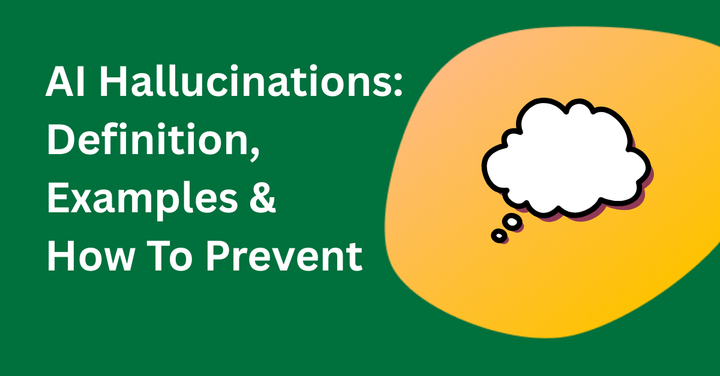Why educators should adopt AI

The integration of AI is redefining traditional teaching paradigms and unlocking new possibilities for personalized learning experiences and organizations like reevolutiva are at the forefront of this transformative journey. In GPTZero’s mission of shining light on pioneering AI-powered tools, we had a chance to sit down with Giorgio La Pietra, Co-Founder of reevolutiva and member of CourseFactory Team, 100% customizable courses powered by AI.
In this interview, Giorgio shares his perspectives on the state of AI in education, the challenges and opportunities facing educators and the potential of AI to redefine learning in the digital age.
Q: Could you tell us more about the mission and vision behind reevolutiva and Course Factory, and how it fits into the landscape of AI-powered education in Latin America?
A: At reevolutiva, our mission is to democratize education by leveraging AI to make course creation and learning experiences more accessible, efficient and tailored to individual needs. In Latin America, where there's a growing need for educational innovation, we aim to bridge the gap between traditional methods and cutting-edge technology. CourseFactory and reevolutiva are both tools that you can use to create courses from beginning to end. With these tools, educators can transform their content creation process, saving time and resources while enhancing the quality of education (you can even export the course to integrate into your LMS!). Our vision is to empower educators and learners alike to embrace AI as a tool for progress, enabling them to thrive in the digital age.
Q: You seemed excited about GPTZero’s AI detection in Spanish and mentioned the challenges educators face in Latin America regarding AI adoption. How do you see the role of platforms like Course Factory, reevolutiva and GPTZero in overcoming these challenges?
A: One of the main challenges is the lack of awareness and understanding of AI among educators. When ChatGPT first launched, many teachers in Latin America were struggling and fighting with AI usage in their classrooms. In reality, the world and education landscape has changed and we can’t go back to the past. Teachers have to be equipped and aware of the solutions to help them on their journey, quickly. There’s been a shift in the AI detection landscape. When I spoke with Edward, GPTZero CEO, at ASU-GSV, he said that when ChatGPT launched, at first everyone was trying to detect which text was written by AI. Now, the solution is not trying to punish or ban people from using AI, we’re trying to educate, teach and empower the use of AI.
Q: Looking ahead, what potential do you see for AI to revolutionize education, not only in Latin America but globally?
A: We can expect to see a shift towards personalized learning experiences tailored to individual preferences and abilities. AI-powered ‘agents’ also known as AI assistants hold great promise for the future of education, providing learners with personalized guidance and support in real-time. Further, educators often think of ‘learning’ as something that occurs at school. But it’s not, it’s your whole life. I believe in a future where learning will be as funny and engaging as watching Netflix or playing video games and teachers are able to create learning environments that integrate into other areas of your life.
Q: In your experience, how have educators responded to the integration of AI in the classroom, and what steps do you believe are necessary to facilitate greater acceptance and adoption?
A: The response from educators has been mixed. While some embrace the potential of AI to enhance teaching and learning, others express concerns about its impact on traditional pedagogy and student engagement. To facilitate greater acceptance and adoption, we need to provide educators with comprehensive training and support so they have the knowledge and skills to effectively integrate AI into their practice. There are currently no standard policies or frameworks and only a handful of schools that I’ve talked to have taken action.
Q: What advice would you offer to educators looking to leverage AI in their teaching practice?
A: My advice to educators is to embrace AI as a tool for innovation and transformation, rather than a threat to traditional teaching methods. Take the time to explore and experiment with AI-powered tools and platforms, keeping an open mind to new possibilities and opportunities. Collaborate with colleagues, share resources and engage in ongoing professional development to stay informed about the latest trends and developments in AI education. Most importantly, remember that AI is not a replacement for human expertise and empathy but rather a complement that can enhance the teaching and learning experience for all.


